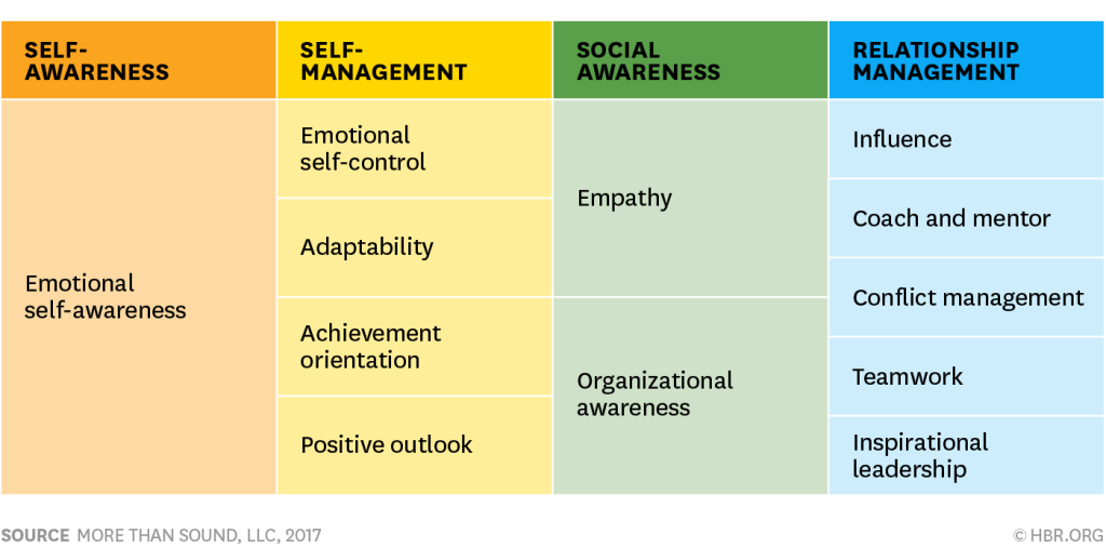
Leaders: Fit your own oxygen mask first
Anyone who has travelled by air, (though probably not recently), will have heard the instruction that goes something like “before assisting others secure your own mask first".
Essentially, we are being told we cannot be of use to others unless we have enabled our own ability to do so. Taking care of ourselves is critical to enabling ourselves to be there for those around us and this applies to us especially in our roles as leaders and in our own career development.
Good leaders fit their own oxygen mask first so that they can be there for those who need their guidance and support
If we have not “fitted our own air mask” – that is, taken care of our own emotional, physical and spiritual health this inevitably impacts how fairly we treat each other, how much we are able to trust and risk-take, and how well and how quickly we recover from stress and trauma.
We have heard so much about emotional intelligence and resilience without necessarily taking into account the even larger picture; Self-care, (or lack of), surely impacts how wisely and collaboratively we meet the serious challenges we are facing globally as a species as well as within our personal and professional spheres.
- We know that when we are operating from a place of emotional, spiritual or physical exhaustion we have little strength or resilience to help ourselves, much less others.
- If we cannot manage our emotions, we are unable to live our full potential career-wise nor be present for our team members or our peers with calm and focussed attention as either a leader or leadership team member.
- When we are not comfortable in our own skin and relating well to ourselves, we cannot easily relate well to others and we cannot easily build trust.
In short, to be effective at leadership and our career development, we must attend to ourselves before we can fully and purposefully attend to others.
'Attending to ourselves' at core means monitoring the mind talk in our heads, (is it true, is it empowering, can we change the negative to the positive?) the environment in which we work and play (is it safe, is it clean, nurturing, inspiring?) , the stuff we put into or on our bodies (Is it healthy for us and the environment?), the rest we allow ourselves to have (is it high quality and sufficient?) , the company we keep (is it supportive, encouraging, or negative and competitive?).
To do this means developing a spirit of willingness and exploration to gain both a deeper and broader level of self-awareness – a self-awareness that helps us honestly identify our strengths and our weaknesses and recognise our responses to our environment (why do I clench my jaw every time I see that name come up on my mobile? Why do my shoulders tense every time I hear the word " x") ). This level of self-awareness means the discernment to distinguish when we are projecting our own motivations or vulnerabilities onto others instead of seeing clearly their actual intent and needs, or discerning when we are responding from a place of fear, or scarcity.
Attending to ourselves means having confidence in our capability to help but also a willingness to take the risk of making a mistake and not be shattered by it – to have humility as well as resilience in our approach to life’s challenges. It means trusting ourselves to make a fair and informed judgement call when needed and accepting that we will make the best decision we can at the time, within the limits of the facts available and our level of insight.
So if we need self-awareness, confidence, resilience, risk-taking and trust surely we are talking about these qualities as leaders that we also need in fact to build our careers. We cannot lead without these qualities and we are certainly less likely to grow a successful career without them.
This is where both our EQ and a growth mindset come into play.
A successful leadership and career journey begins with the well-known adage carved above the temple of Apollo in Delphi, Greece:
“Know thyself”


Taking this further through the work of Goleman and Boyatzis it means knowing how we self-regulate, and how to develop and manage meaningful relationships.

Source: https://hbr.org/2017/02/emotional-intelligence-has-12-elements-which-do-you-need-to-work-on
As advocates for self-compassion, we would add to the above table mindfulness and self-empathy. However, to view a table such as this without a growth mindset would be a debilitating and disempowering endeavour.
Fixed versus growth mindset
A mindset is a set of ideas and attitudes that shape the way we think about ourselves others and the world. Our mindset will determine how we present ourselves in the world and colour our personal and professional lives.
A key element of self-knowledge is being aware of our own mindsets as well as knowing our own strengths and weaknesses. Dr Carol Dweck in her book Mindset: Changing The Way You think To Fulfil Your Potential, introduced the concepts of fixed and growth mindsets, concepts that speak to our ways of being in the world. Dr Dweck posits that we can either believe our intelligence and capacity is fixed from birth (a fixed mindset) or that we can grow and learn and expand our intelligence (a growth mindset). The implications of the difference between these two mindsets is enormous; for example, if we can’t believe we can change, how can we believe others can change? And how can we lead effectively if we do not believe that others can change?
It seems these mindsets develop quite early in life.
“In one seminal study, Dweck and her colleagues offered four-year-olds a choice: They could either redo an easy jigsaw puzzle or try a harder one. Even these young children conformed to the characteristics of one of the two mindsets — those with “fixed” mentality stayed on the safe side, choosing the easier puzzles that would affirm their existing ability, articulating to the researchers their belief that smart kids don’t make mistakes; those with the “growth” mindset thought it an odd choice to begin with, perplexed why anyone would want to do the same puzzle over and over if they aren’t learning anything new. In other words, the fixed-mindset kids wanted to make sure they succeeded in order to seem smart, whereas the growth-mindset ones wanted to stretch themselves, for their definition of success was about becoming smarter.”
SOURCE: https://www.brainpickings.org/2014/01/29/carol-dweck-mindset/
Now imagine working with a leader with a fixed mindset – one who would always be trying to prove themselves, not willing to take risks as that may lead to ‘mistakes’, (as opposed to learnings), and never wanting to grow as a person or a leader – and certainly never believing you have potential to grow and change. Compare this to the joy of working with a leader who has a growth mindset – willing to take feedback, try new things and most of all believing in their own as well as your capability to develop and grow and learn.
Do you have a fixed or growth mindset? To find out, start by reading the following statements and decide which ones you agree with most:
- You're born with a certain amount of intelligence and it isn't something that can be changed.
- No matter who you are, there isn't much you can do to improve your basic abilities and personality.
- People are capable of changing who they are.
- You can learn new things and improve your intelligence.
- People either have particular talents, or they don't. You cannot just acquire talent for things like music, writing, art, or athletics.
- Studying, working hard, and practicing new skills are all ways to develop new talents and abilities.
If you tend to agree most with statements 1, 2, and 5, then you probably have a more fixed mindset. If you agree most with statements 3, and 4, 6, however, then you probably tend to have a growth mindset.
Source: https://www.verywellmind.com/what-is-a-mindset-2795025
While it may start young Dr Dweck believes we can develop a growth mindset through determination and exploration. In fact, just being aware of the concept allows us the opportunity to pursue a growth mindset.
A true leadership mindset and a “growth” mindset need to go hand in hand.
With an investment in our own EQ, in particular our levels of self-awareness, mindfulness and self-empathy, we will be better positioned to be the best leaders we can possibly be, we will manage our career more effectively and with a belief in our own ability to grow and change, we can help others do the same.
Resources & recommended reading
https://hbr.org/2017/02/emotional-intelligence-has-12-elements-which-do-you-need-to-work-on
https://hbr.org/2016/01/what-having-a-growth-mindset-actually-means
https://www.brainpickings.org/2014/01/29/carol-dweck-mindset/
To speak with an executive coach for in-depth advice on how to improve your leadership skills, contact Bravo Careers.